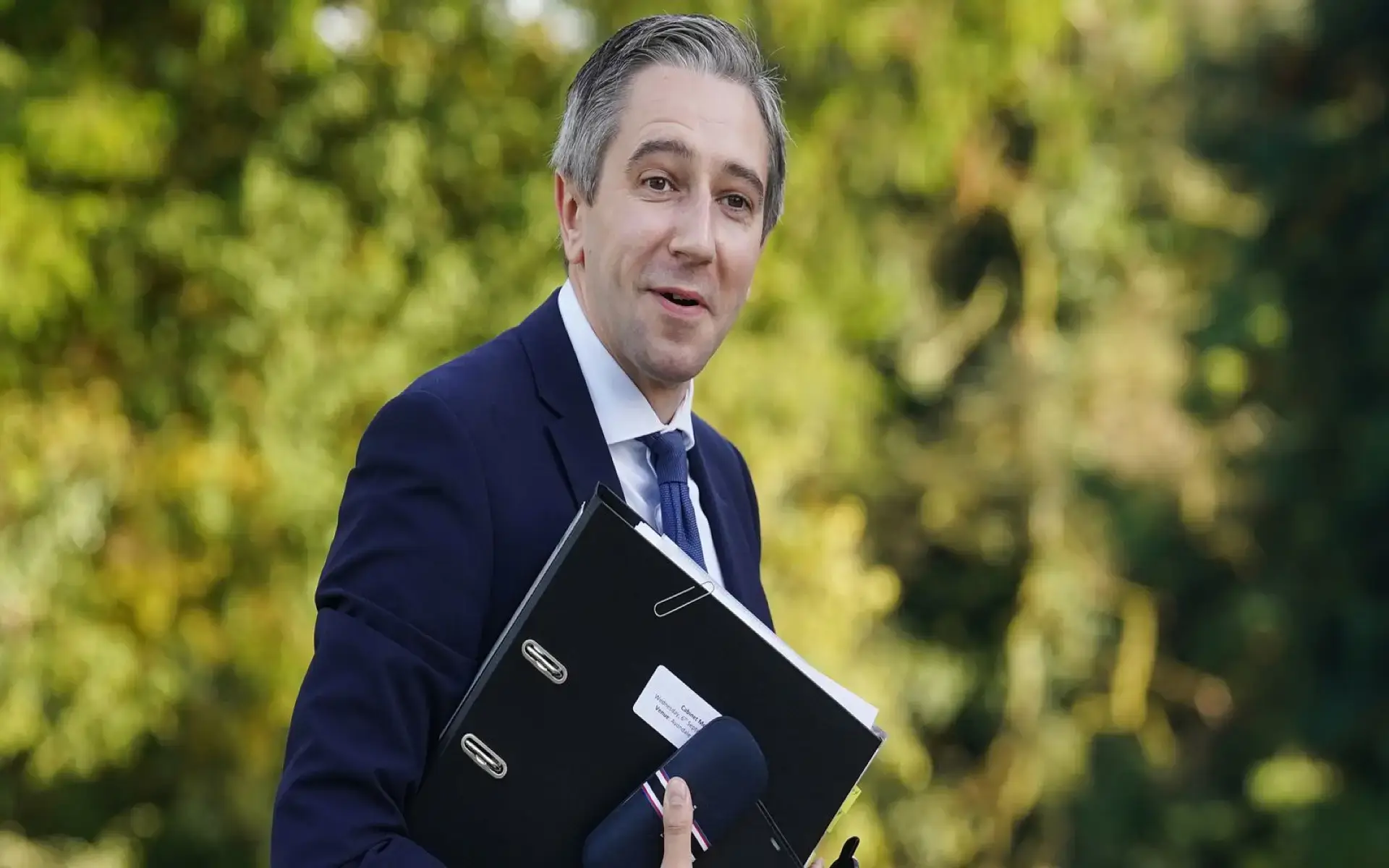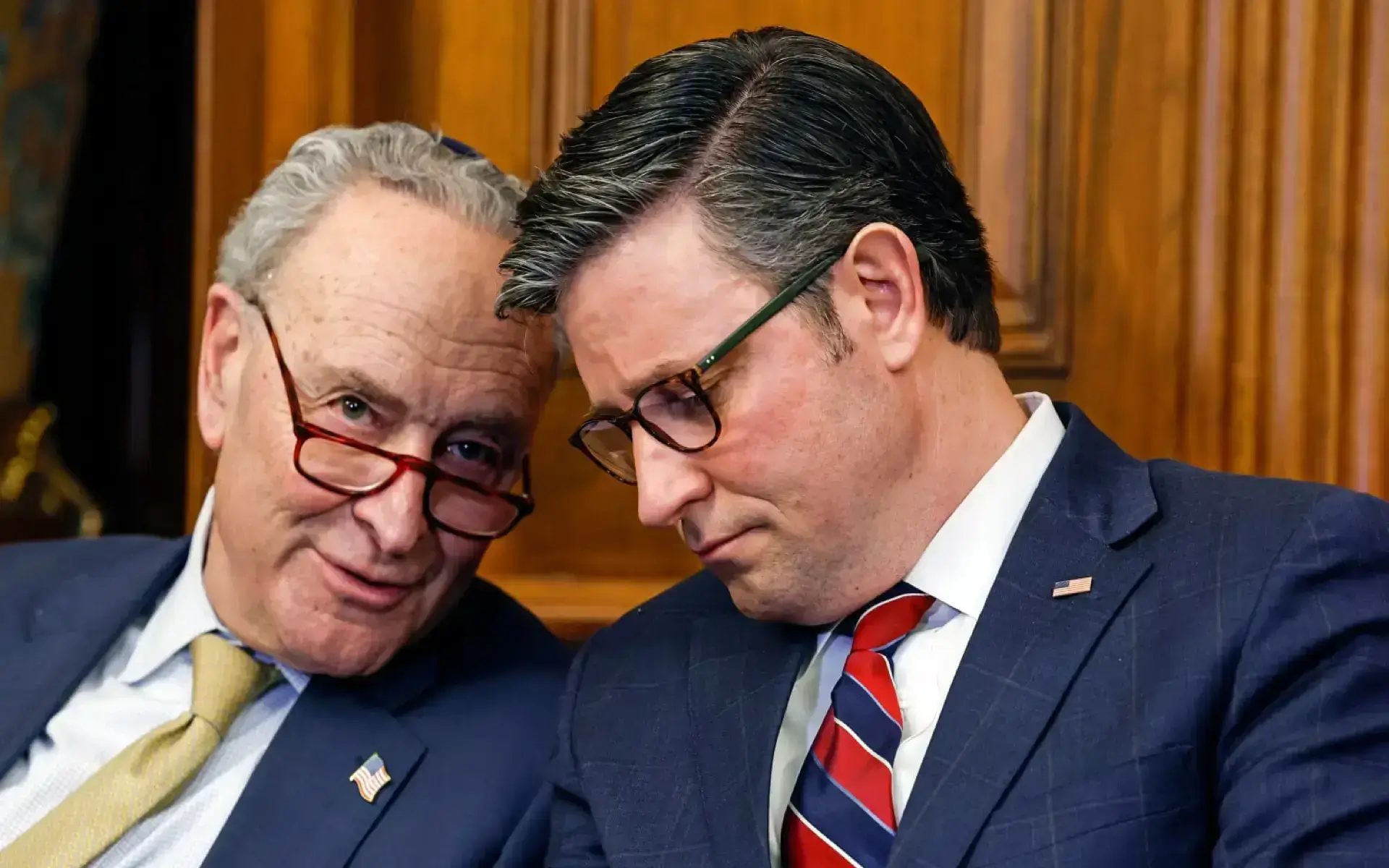President Joe Biden has communicated to Prime Minister Benjamin Netanyahu that the United States will abstain from any retaliatory action against Iran. This decision comes in the wake of a mass drone and missile attack on Israeli soil, which Netanyahu’s defense council prefers to answer with a counter-offensive.
The escalating tension between the Middle Eastern adversaries, with potential US involvement, has heightened anxieties across the region. International powers and Arab nations have issued calls for restraint, voicing concerns about the precipice of open warfare the region now stands on.
“The Middle East is teetering on the edge. The populace faces the imminent threat of a destructive, full-blown conflict. It’s time to defuse and de-escalate,” warned United Nations Secretary-General Antonio Guterres at an emergency Security Council meeting.
Robert Wood, the Deputy US Ambassador to the UN, urged the council to condemn Iran’s attack unequivocally. He issued a clear warning to Iran, stating that any actions taken against the United States or Israel by Iran or its proxies would be met with retaliation.
Nonetheless, the White House has clarified that the US will not be part of any Israeli counter-offensive against Iran for the attack. A senior White House official stated that President Biden had communicated this to Prime Minister Netanyahu.
US State Secretary Antony Blinken and Defense Secretary Lloyd Austin engaged in discussions with their counterparts in Saudi Arabia, Turkey, Egypt, and Jordan, focusing on the need to avoid escalation. They highlighted the importance of a coordinated diplomatic response and reassured continued US support for Israel’s defense.
Iran’s assault was a response to an alleged Israeli strike on its embassy compound in Syria earlier this month. The strike resulted in the death of top Revolutionary Guards commanders and triggered months of clashes between Israel and Iran’s regional allies, all fueled by the ongoing war in Gaza.
However, the attack comprised more than 300 missiles and drones resulted in only minor damage in Israel. Most were intercepted by Israel’s Iron Dome defense system, with assistance from the US, Britain, France, and Jordan. Only a single severe injury was reported within Israel, a 7-year-old child injured by shrapnel.
Israeli officials have indicated that Netanyahu’s five-member war cabinet is in favor of retaliation, although they are divided over its timing and scale.
“We will form a regional coalition and make Iran pay at a time and in a manner that suits us,” said centrist minister Benny Gantz before a war cabinet meeting.
Defense Minister Yoav Gallant also suggested that Israel could seize this opportunity to create a strategic alliance “against this grave threat by Iran.”
The leaders of the Group of 7 nations condemned Iran’s attack and committed to working towards stabilizing the situation. They warned Tehran of the risk of an “uncontrollable regional escalation.”
Ironically, while Iran’s attack was celebrated as rare payback for an Israeli offensive in Gaza, the mood in Israel contrasted sharply with the trauma after the Hamas-led attack last year.
“I think we’ve been given license to respond now. I mean it was a major attack from Iran… I imagine Israel will respond and may be over quickly and get back to normal life,” said Jerusalem resident Jeremy Smith.
In Iran, small public gatherings celebrated the attack, but there was private concern over Israel’s possible response.
“Iran has given Netanyahu a golden opportunity to attack our country. But we, the people of Iran, will bear the brunt of this conflict,” expressed Shima, a nurse from Tehran.




